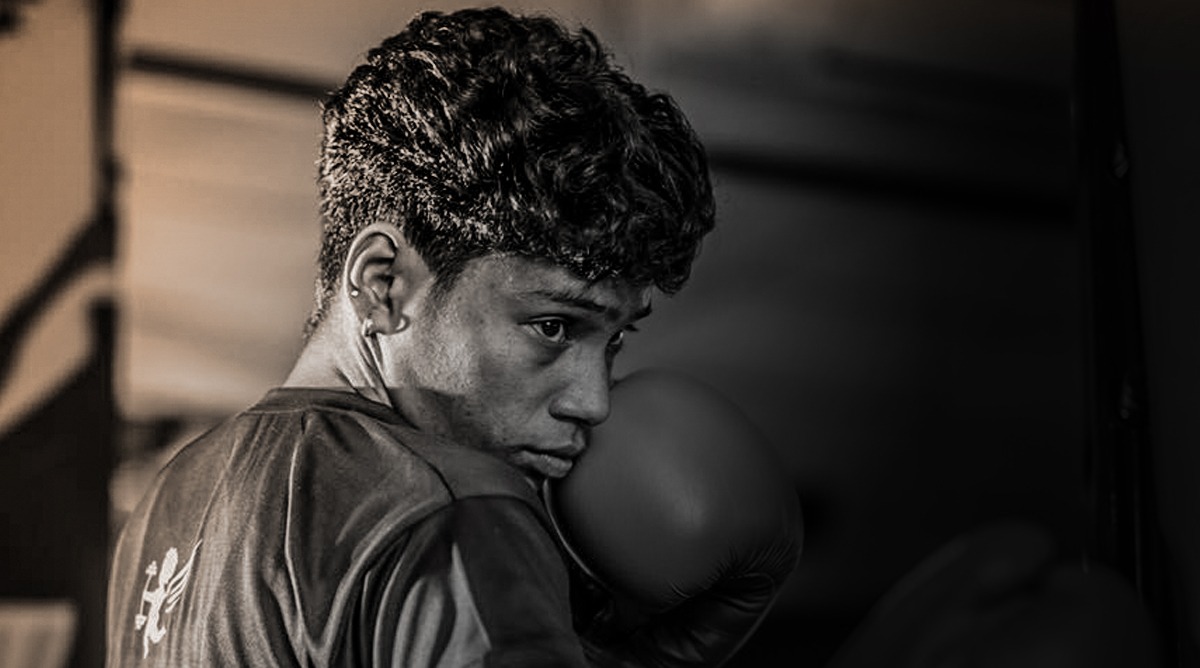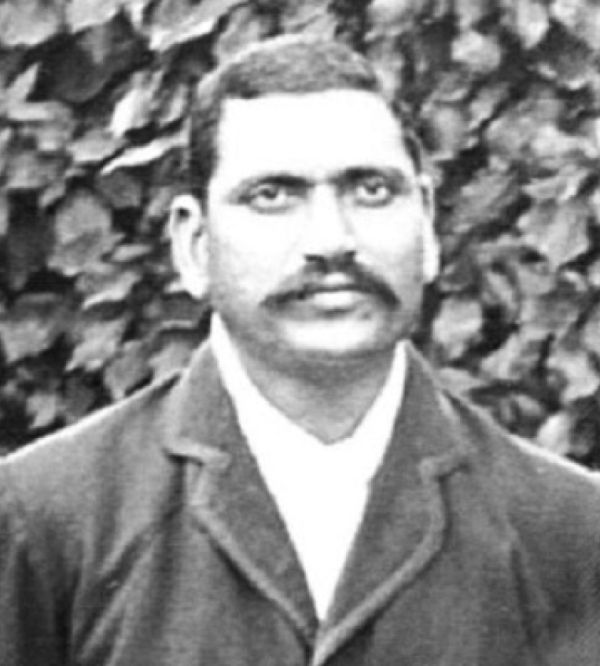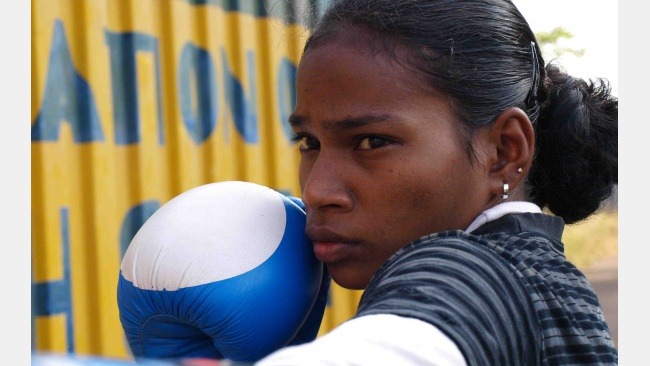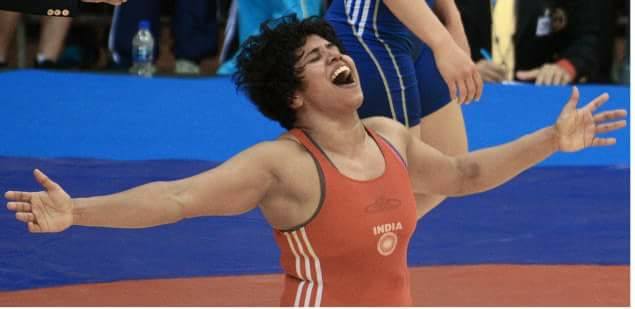Featured
How sports still remain an uphill task for Dalits

It’s an open secret that there is deep-rooted casteism in India. A lot has been documented over many years about how the spectre of ‘casteism’ has reared its ‘unpleasant’ head on the Indian sporting landscape and often prods us to think ‘Why’. Any talk of ‘casteism’ within the Indian sporting landscape cannot miss the mention of sportspersons belonging to the Dalit community. Of course, one does not need to be a rocket scientist to fathom that sportspersons belonging to the Dalit community have been consistently meted out a raw deal punctuated with taunts, irrespective of whether they are hitting the training drills or playing in domestic competitions cutting across various sports disciplines.
If one attempts to walk down the ‘old memory’ lane, one could not stop but talk about Palwankar Baloo – the country’s first Dalit cricketer – who waged many caste battles on as well as off the field. Palwankar was hired by Poona Club as a 17-year-boy in 1892, to erect the nets and roll the pitch meant, exclusively for the Europeans and subsequently was handed the responsibility of bowling to the British batsmen at the nets. And the hours he spent at the nets bowling to the British batsmen help to hone his cricketing skills and fast-forwarded his progress as a cricketer.

He, subsequently, grew in stature and emerged as the backbone of Indian cricket, spearheading Hindu Gymkhana to many memorable triumphs against their erstwhile British rulers. In fact, at the 1911 tour of England - the first by an all-Indian team – where Palwankar was a big hit in a largely forgettable tour snaffling 114 wickets at an average of 18.84 with a best haul of 8/103 against Cambridge.
Born in Dharwad to a family of leather workers, Palwankar endured consistent bouts of taunts as a cricketer. It was believed during tea interval at matches, he would be served tea outside the pavilion in a disposable clay ‘matka’ because he is a Dalit. What’s more, if he desired to wash his hands and face, only a fellow Dalit attendant would bring him water. There were talks then Palwankar would be served lunch a separate plate, at a separate table (during lunch break).

Former national-level boxer and Tamil Nadu state champion Helen Thulasi – also known as Thulasi Ekanandam – has also borne the brunt of belonging to the Dalit community. Helen, who has now shifted to Mixed Martial Arts from boxing, was nicknamed ‘Lady Mohammed Ali of India’ owing to her lightning-fast footwork and punching style. She even alleged that a state boxing association official had demand sexual favours as well as cash if she wanted to move up the career ladder – Helen even took the legal route and off course her boxing career did not quite take off – there were times when she used to earn her livelihood by doing odd jobs like delivering pizzas or driving an auto. “Being a Dalit has no value. Just because I was born Dalit, I’m expected to stay at the bottom,” says Helen.

Indian women freestyle wrestler Jyoti has encountered several instances of step-motherly treatment. Daughter of a bank peon, Delhi-based Jyoti is a three-time bronze medallist at the Asian Wrestling Championship (2013, 2014 and 2017 editions in 72-kg, 75-kg and 75-kg). Jyoti, who had featured in the 2014 Asian Games and the 2014 Commonwealth Games in 75-kg category, says:
Being a Dalit has its own disadvantages. I have come across so many situations when I felt that I was being ill-treated owing to my low caste. Once in a domestic tourney I was deliberately made to lose a semifinal bout despite being a clear winner and I knew it was only because I was a Dalit. Stunningly, the bronze medal play-off bout was originally scheduled for the next day, but the organisers conducted the play-off bout the same day so that I do not get adequate recovery time – it was a deliberate attempt to deprive me of a medal.
The 70-plus category woman grappler has battled the odds and now works as an Income Tax Inspector after serving Delhi Police for seven years from 2009 to 2016.
Also read: Indian athletes from tribal backgrounds who made it big
The ugly sight of ‘casteism’ is so ingrained in our system that it almost appears insurmountable to tide over it. But as far as the country’s sporting landscape is concerned, national sports federations, as well as other stakeholders including state and district sports associations, must work towards rooting out caste-related victimisation in the cauldron of sports.






